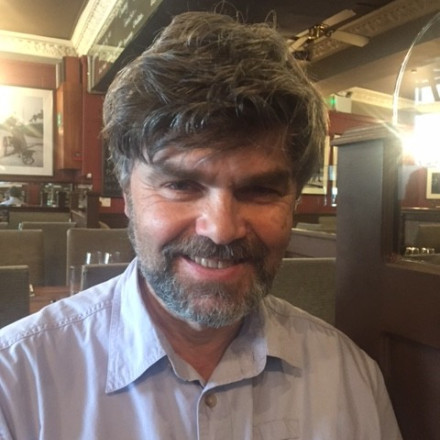Reformation and Reform in the Church of Ireland
THE SIXTEENTH-century European Reformation unleashed a torrent of theological, liturgical, religious, social and political innovation, as the face of western Christendom was transformed from a unitary religious body into myriad churches. The Bible was translated into the vernacular, the liturgy was similarly transformed, with communion in both kinds and lay participation; the mystique of the ministry was removed, with clergy marrying and becoming a part of civil society; social care was transferred from the church to the state; new, closer relationships were forged with the secular powers, with the church becoming nationalised in some countries.
Theologically, the focus was switched from a corporate, works-oriented piety to the soul of the individual and the power of God’s grace transmitted through the word, producing a sense of spiritual freedom, though sometimes at the expense of the ultimate determinism of double-predestination. And all this was done with a new, if often rather problematic, emphasis on the fundamental authority of the Bible, rather than the magisterial authority of the church.
One would imagine that such a revolutionary movement would be a continual source of inspiration, and indeed the Reformation has continued to inspire change and renewal down the ages, through to the twentieth century and beyond. Just as Karl Barth (1886- 1968) reinterpreted and moved beyond Calvin, so the Lutheran Paul Tillich (1886-1965) radically challenged the contemporary church by enunciating the Protestant principle, the “belief that anything in the world, including doctrine, Bible, and Church, must be open to criticism”. Yet, for all its revolutionary implications, the legacy of the reformation also served as a break on further reform, in two ways: through its firm focus on an ideal past; and through its desire to de ne Protestantism against Catholicism through confessional statements.
* Full article available in printed copies.

Alan Ford
is Emeritus Professor at the University of Nottingham, and one of the editors of The Church of Ireland and its past: history interpretation and identity (Dublin: Four Courts, 2017)